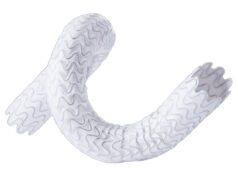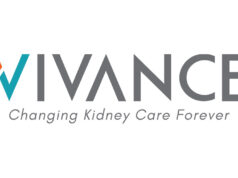
Kidney Care Partners (KCP)—a US multi-stakeholder coalition representing patient advocates, physician organisations, health professional groups, dialysis providers, researchers and manufacturers—has relaunched the Kidney Care Quality Alliance (KCQA) in an effort to develop meaningful measures to evaluate facility-level quality performance, particularly in the areas of home dialysis and transplant, for dialysis providers.
John Butler, chair of KCP, said: “KCP is proud to support the KCQA and its work to develop a series of quality measures addressing home dialysis, transplant, anaemia, bone mineral metabolism, and infection control.
“I know this talented group of experts shares our goals of improving quality of care, informed patient choice, and improved access to home dialysis and transplant for individuals living with kidney diseases.”
The new KCQA initiative will be co-chaired by George Aronoff, vice president of clinical affairs for DaVita Kidney Care and Keith Bellovich, a practicing nephrologist and Renal Physicians Association’s president-elect.
A Steering Committee was also elected among national leaders throughout the kidney community that will help guide the initiative.
KCQA was launched in 2005 by KCP to independently develop meaningful, actionable, community-supported facility-level performance metrics that meet the needs of patients, other members of the renal community, and federal policymakers.
KCQA has received National Quality Forum (NQF) endorsement for seven performance measures addressing vascular access, immunisation, patient education, fluid management, and medication management in dialysis patients. It has also published a framework for priorities for patient-reported outcome measure development.
KCQA expects to submit the newly developed measures to NQF for endorsement by 2022.
Aronoff added: “As care for individuals living with kidney disease continues to improve and evolve, the need for meaningful measures to evaluate the quality and efficacy of that care becomes acute. I’m excited by the challenge of developing such measures and know this group of talented and dedicated renal professionals is up to the task as well.”











